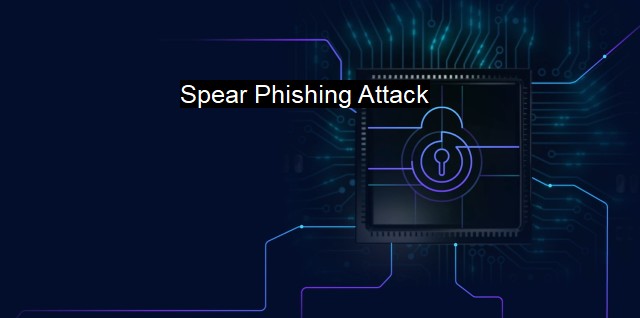What is Spear Phishing Attack?
The Rise of Spear Phishing Attacks in Cybersecurity: Targeting Specific Individuals and Organizations with Personalized Methods and Advanced Techniques.
Spear phishing is a type of
cyber attack that's much more sophisticated than the orthodox phishing threats. In a broad
cybersecurity vernacular, phishing is a cyber offensive maneuver aiming to trick its recipient into disclosing sensitive information, such as log-in credentials, credit card numbers, or other identifiable details. To achieve this, cyber attackers craft and distribute emails that appear to come from an authoritative entity, leveraging this faux credibility to lure individuals into performing a certain action, typically clicking on a
malicious link, or opening an infected attachment.
spear phishing marks a refined execution of
Spear Phishing Attack FAQs
What is a spear phishing attack?
A spear phishing attack is a targeted form of phishing where the attacker sends personalized and convincing emails to a specific individual or group to obtain sensitive information or access to a computer system.How does a spear phishing attack differ from a regular phishing attack?
In a regular phishing attack, the attacker sends out a large number of identical phishing emails with the hope of catching a few victims. In contrast, spear phishing attacks are highly targeted and customized to the recipient, making them more convincing and difficult to detect.What are some ways to protect against spear phishing attacks?
To protect against spear phishing attacks, it's important to regularly educate and train employees on how to identify suspicious emails and avoid clicking on links or downloading attachments from unfamiliar sources. Installing anti-virus software and implementing strong password policies can also help prevent attacks.What should I do if I suspect I have been targeted by a spear phishing attack?
If you suspect you have been targeted by a spear phishing attack, do not click on any links or download any attachments in the email. Instead, report the email to your IT/security department and delete it immediately. It's also important to change any passwords that may have been compromised and monitor your accounts for unusual activity.
